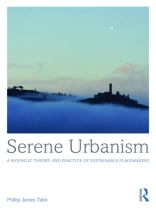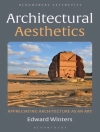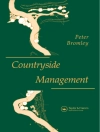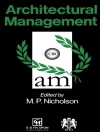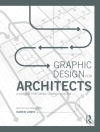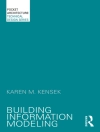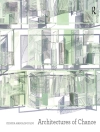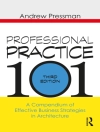Serenity is becoming alarmingly absent from our daily existence, especially within the urban context. Time is dense and space is tumultuous. The idea of the serene has gained currency in postmodern discussions, and when combined with urbanism conjures questions, even contradictions, as the two ideas seem improbable yet their correspondence seems so inherently desirable. Integrated, these two constructs present design challenges as they manifest in differing ways across the rural–urban transect.
In response, Part I of this book establishes the theoretical framework through different contemporary perspectives, and concludes with a clear explanation of a theory of serene urbanism. The positive characteristics of urbanism and beneficial qualities of the serene are explored and related to sustainability, biophilia, placemaking and environmental design. Both principles and examples are presented as compelling portraits for the proposal of these new urban landscapes. Part II of the work is an in-depth exploration and analysis of serene urban ideas related to the intentional community being created outside of Atlanta, Georgia, USA. ‘Serenbe’ is the name given to this place to commemorate the value and nuance between the serene and urban.
